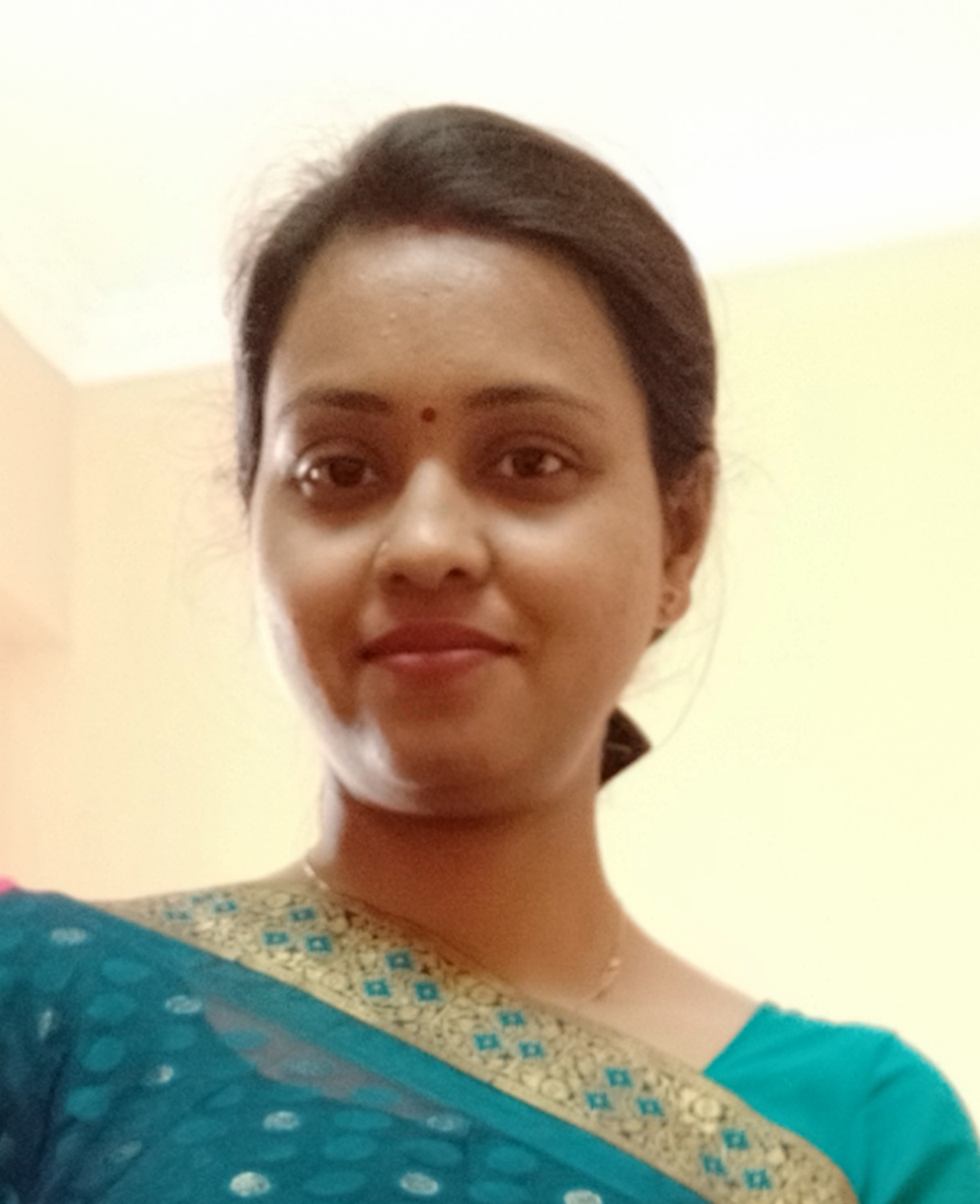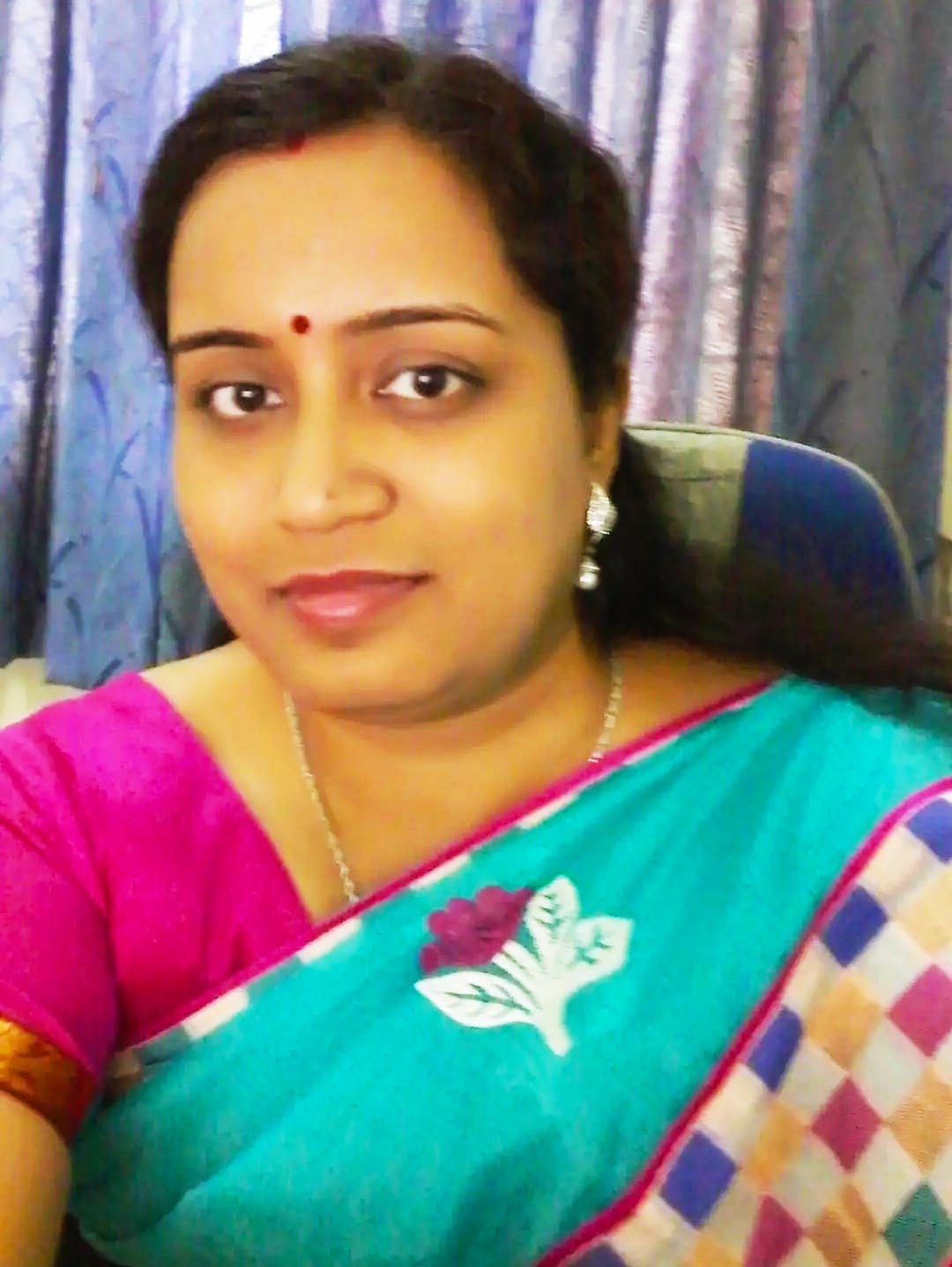|
|||||||
|
Relevant Laws on Deviant Practices in Medical Profession |
|||||||
| Paper Id :
18453 Submission Date :
2024-01-13 Acceptance Date :
2024-01-20 Publication Date :
2024-01-25
This is an open-access research paper/article distributed under the terms of the Creative Commons Attribution 4.0 International, which permits unrestricted use, distribution, and reproduction in any medium, provided the original author and source are credited. DOI:10.5281/zenodo.10561245 For verification of this paper, please visit on
http://www.socialresearchfoundation.com/innovation.php#8
|
|||||||
| |||||||
| Abstract |
Doctors are treated as God
in our society by the virtue of which medical profession is a nobel profession.
They are expected to serve the society and mankind through their excellent
professional skills. A doctor bears fiduaciary relationship towards his/her
patient. But nowadays so many instances of deviant practices by medical professionals are coming into news, which
is really a cause of concern for whole society and mankind. |
||||||
|---|---|---|---|---|---|---|---|
| Keywords | Medical profession, Medicines, Doctors, Patients, Crime. | ||||||
| Introduction |
Society provides a framework in which people can gather, form communities, and create systems that regulate social interaction, such as laws and social norms. It encompasses various aspects of human life, including cultural practices, economic systems and political arrangements. Deviance is a sociological term that refers to behavior that violates social rules and norms. French sociologist Émile Durkheim considered deviance to be an inevitable part of society. Crime can be better understood as breaking of law. The words "crime" and "deviance" are often used interchangeably, but there is a slight difference between them. Committing a crime violates social laws, while deviant behavior violates social norms and rules. Deviance is a social phenomenon, so various sociologists have attempted to study the causes of deviant behaviour. Several theories as strain theory, conflict theory, social disorganisation theory, cultural deviance theory, labelling theory, differential association theory and control theory suggested different factors for deviant behaviour in society[1]. These factors are- a. Poverty b. Illletracy c. Lack of morality d. Broken family e. Greed of money and power f. Rejection by society, etc. Concept of Privileged class deviance is not new in society. It is widespread almost in every area of society. Practices of privileged class deviance can be easily classified into following heads- a. Official Deviance (bureaucrate, judges) b. Professional Deviance (teachers, lawyers, doctors, chartered accountants, engineers, etc) c. Police Deviance d. Other forms of deviance (gender based, electoral process, caste based etc.) |
||||||
| Objective of study | 1. In
this paper researcher attempted to study the causes of deviant practices in
medical profession. 2. This paper aimed at
studying the efficiency of available legislative provisions as well as to keep
an update on it. |
||||||
| Review of Literature | On reviewing the existing literature, it has come to our knowledge that high repute medical professionals are now indulging themselves in corrupt practices. Such behaviour is really alarming for society. |
||||||
| Hypothesis | 1. The concept behind writing this paper is that the deviant behaviour by medical professionals is harmful to society. 2. The hypothesis for writing this paper is that lack of morality and ethical sense is a prime cause for deviance by medical fraternity. |
||||||
| Methodology | Researcher has gone through Bare Acts and the authentic
information available in various articles, journals, text books for writing
this paper. Thus researcher adopted
doctrinal method for writing this paper. |
||||||
| Analysis | Medical Profession Medical profession is a nobel profession. Doctors are treated as God because, only they have the power to save the ill persons by treating them. This profession has its basis in ethics and morality. But now a days some professionals from medical field as doctors, nurses etc. have lost their ethics and morality. Deviant Practices in Medical Profession- Being well educated, doctors not usually break the letters of the law but, they violate its spirit, they commit crimes which are not only anti-social, but also injurious to public health. Some of the instances of deviant medical practices are- i. Issuing false medical certificates ii. False post-mortem reports iii. Receiving commission from medicine suppliers and diagnostic centers iv. Illegal abortions v. Advising expensive medicines vi. Not advising generic medicines vii. Gender detection and female foeticide viii. Overdose of medicines ix. Wrong diagnosis x. Not providing immediate assistance to the victims xi. Illegal organ trading, etc. Laws Relating to Medical Profession- Several relevant legislative laws are there for curbing deviant practices in medical profession. Constitution of India, 1950 is a supreme document of our Indian legal system. It declares about various fundamental rights and duties for Indian citizens as well as for non-citizens. Article 21 of Indian Constitution, casts an obligation on those who are in charge of the health community and preserve life so that the innocent may be protected and the guilty may be punished. Articles 39(e), 39(f), 42, 47, entry-6 of state list and entries 23, 26 & 29 of concurrent list are related to health and medical care of citizens. Ss.274-276, S.304-A, Ss. 312-316, Ss. 319-322, Ss. 336-338 of Indian Penal Code, 1860 deals with the criminal liability of a medical professional. It was only after the judgment of Supreme Court in Indian Medical Association vs. V.P. Shantha[2] that medical profession has been brought under the purview of Consumer Protection Act, 1986 vide Section 2(1) (o), of the Act. S. 2(1) d of Consumer Protection Act, 1986 and S. 2(7) of Act, 2019 defines term „consumer.‟ S. 2(7) expands the term consumer by providing further explanation to the expressions “buys any goods” and “hires or avails any services”. Section 2 (1) (g) of The Consumer Protection Act, 1986 and section 2 (11) of new Act defines “deficiency”. The new enactment of 2019 enhances this term by further stating that expression deficiency includes any act of negligence or omission or commission which causes loss or injury to the consumer and deliberate withholding of relevant information to the consumer affecting the consumer. In Dr Vijil v. Ambujakshi T.P[3] Kerala High Court recently expressed that the medical services would be covered under Section 2(42) of the Consumer Protection Act, 2019, unless they were provided for free or under a personal service contract. Medical Council Act, 1956 is an act to provide for the reconstitution of the medical council of India and the maintenance of a medical register for India and for matters connected therewith. S. 20-A of Medical Council Act, 1956 states that Indian Medical Council prescribes standards of professional conduct for medical professionals. S. 24 provides for the removal of names of medical professionals on the ground of professional misconduct. Indian Medical Council (Professional Conduct, Etiquette, and Ethics) Regulations of 2002 is divided into 8 chapters further provides for following- a. Duties and responsibilities of physician in general b. Duties of physician towards their patients c. Duties of physician in consultation d. Responsibilities of physician to each other e. Duties of physician to the public and paramedical profession f. Unethical practices g. Misconduct h. Punishment and disciplinary actions Apart from the above mentioned statutes some more legislative Acts are there to regulate medical professionals as-Indian Medicine Central Council Act, 1973; Medical Degrees Act, 1916; Medical terminaton of Pregnancy Act, 1971; Transplantation of Human Organ Act, 1994; Pre-natal sex Determination Act, 1994; Bio Medical Waste (Management and Handling) Rules, 1998 etc. Judicial Approach- Jaggan Khan vs. State of MP[4], Kaviraj, who was not a qualified Surgeon, cut the internal piles of a patient by an ordinary knife resulting of which the patient died of profuse bleeding. Conviction made under Sec.304-A IPC for his rash and negligent act. He pleaded defence of Sec. 88 of the IPC but court refused this plea and he was held liable. Parmananda Katara vs. Union of India[5], Supreme Court gives a bold judgment that, it is the professional obligation of all doctors whether Government or private, to extend the medical aid to injured immediately to preserve the life without the completion of legal formalities under Criminal Procedure Code. In Dr. Laxman Balakrishna Joshi v. Dr. Trimbak Bapu Godbole [6], the Supreme Court held that a person who holds himself out ready to give medical advice and treatment impliedly undertakes that he is possessed of skill and knowledge for the purpose. Such a person when consulted by a patient owes him certain duties, that is, the duty of care in deciding whether to undertake the case, a duty of care in deciding the treatment and a duty of care in administering the treatment. A breach of any of these duties gives right of action for negligence. In the case of Dr. Shyam Kumar vs. Rameshbhai Harmanbhai Kachhiya,[7] the National Commission held that an operation was conducted for glaucoma and cataract resulting in eye lost. It was held that conducting the operation without obtaining informed consent was improper. Not even medical records were produced; hence the patient is entitled to claim compensation. In the case of Meenakshi Mission Hospital and Research Centre vs. Samuraj and Anr.[8] National Commission held the hospital guilty of negligence on the grounds that the name of the anesthetist was not mentioned in the operation notes. In the case of Dr. Sham Lal and Ors. vs. Mrs. Saroj Rani and Ors.[9] National Commission considered the question whether an intra muscular injection administered intravenously caused an embolism of the heart resulting in the death of the patient. The State Commission, after hearing the parties, awarded compensation in the favour of aggreived. |
||||||
| Findings |
Researcher found that medical profession is a highly
sensitive and noble profession. These professionals take due care and proper attention in attending their patients, but in recent past years some medical professionals have crossed the line of morality and
ethics. They have started practising corrupt practices, which has
faded the repute of this profession. |
||||||
| Conclusion |
This article
enlightens the readers about the ill practices in the medical profession. Deviant practcises in
medical profession is harmful for the society for following reasons- a. it hampers the right to health of any person , b. it causes economic harm to society c. it weakens the fiduciary relationship between doctor and patient d. it is breach of trust in such a noble profession e. it is against morality and mankind |
||||||
| Suggestions for the future Study | On the basis of above study researcher suggests following- 1. code of conduct of medical profession should be strictly followed by medical fraternity 2. strict punitive measures should be implemented for the prevention of deviant practices in medical profession 3. Medical Council of India (M.C.I.) must take matters of criminal practices in medical profession seriously and terminate corrupt persons with imposing heavy penalties on them. |
||||||
| References | 1. Constitution
of India, 1950 2. Indian Penal Code, 1860 3. Consumer Protection Act, 1986 4. Consumer Protection Act, 2019 5. Medical Council Act, 1956 6. Indian Medical Council (Professional Conduct, Etiquette, and Ethics) Regulations of 2002 7.KPDA Prabakar And J Paulraj Joseph, “Law Relating To Medical Negligence And Compensation,” Vinod Publications, 2023 Edition 8. Tapas Kumar Koley, “Medical Negligence and the Law in
India,” ISBN-10. 0198063474 9.
https://www.ncbi.nlm.nih.gov/pmc/articles/PMC2779964/ 10.https://nhrc.nic.in/sites/default/files/Legal_Ethics_and_medical_profession_07022015.pdf
11.https://primelegal.in/2023/02/12/whether-negligent-services-offered-by-doctors-and-hospitals-free-of- charge-can-be-a-ground-for-medical-negligence-under-the-consumer-protection-act/ |
||||||
| Endnote | 1. Ana Rodas, “Crime, Deviance and Society,” 2020, ISBN-9781108430302 2. 1995 SCC (6) 651 3. WP(C) NO. 970 OF 2022 4. 1965 SC 831 5. AIR 1989 SC 1039 6. AIR 1969 SC 128 7. I(2006)CPJ16(NC) 8. I(2005) CPJ 33 (NC) 9. 1 (2003) CPJ 47 (NC) |
||||||

